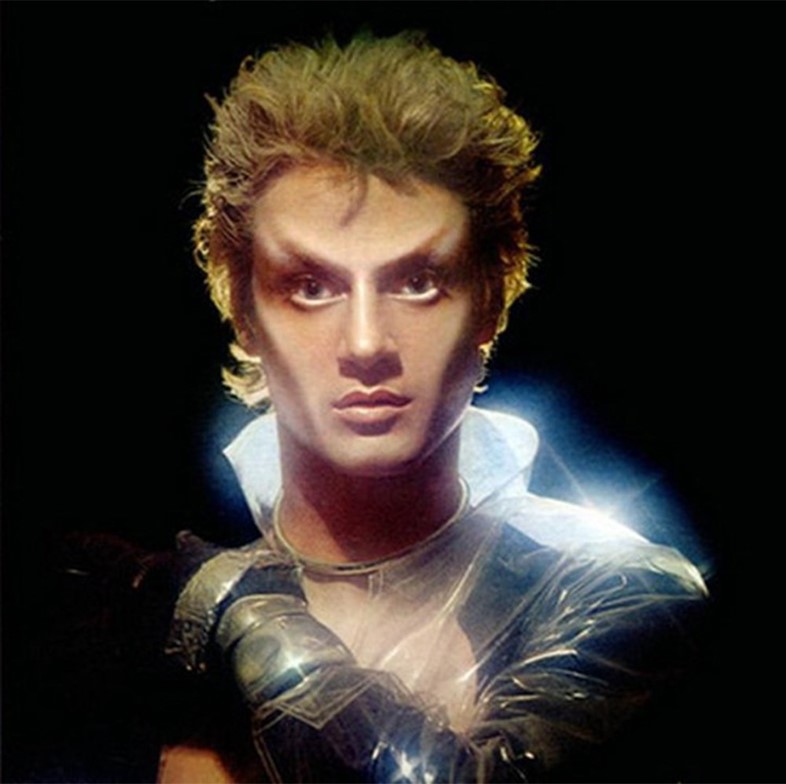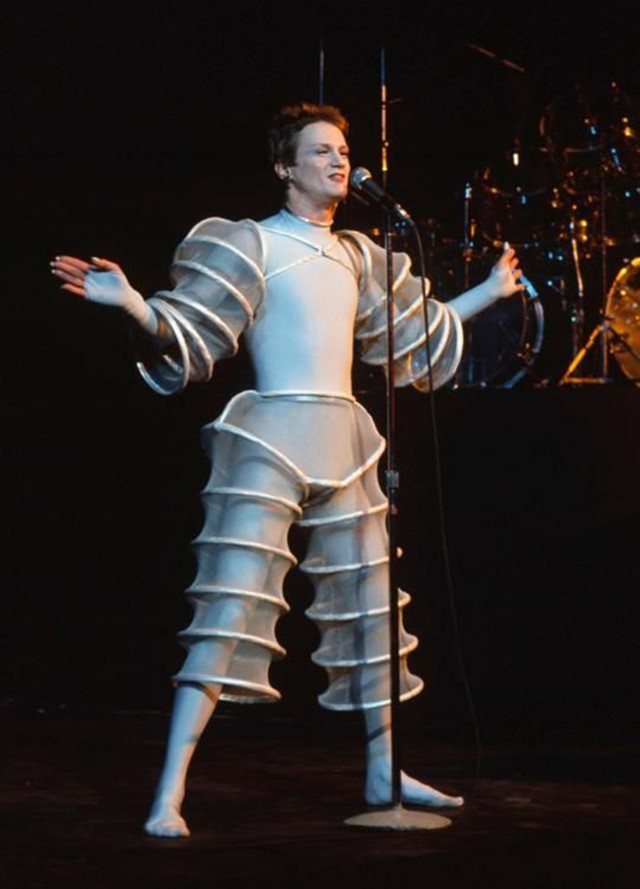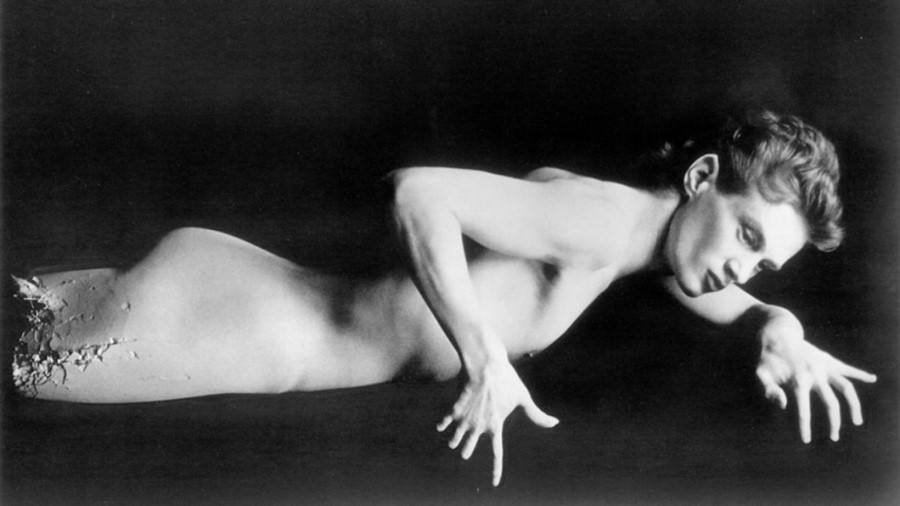One minute his nude form decorated billboards in Times Square; the next, he had disappeared into obscurity. Laura Allsop reflects on the life and times of the glam rock star who almost was
When glam-rock star-in-the-making Jobriath, aka Bruce Wayne Campbell — army brat, one-time hustler and former Hair cast member — declared himself the “true fairy” of rock‘n’roll to journalists in 1973, he unwittingly derailed his career before it could properly launch. In a TV interview from 1974, fully made-up, and flanked by an unctuous producer-Svengali named Jerry Brandt, the openly gay musician implicitly took glam rock to task for its gender-bending opportunism. Here, he announced, was the real deal. But though he had plenty of talent, in addition to a reported six-figure record deal with Elektra and a spectacular marketing campaign orchestrated by Brandt, the world ultimately proved hostile to the juggernaut that was Jobriath. A potentially game-changing performance on the Midnight Special, in which he appeared as a pink-suited astronaut, didn't quite land; both his albums, though largely well received, tanked.
Before long, the multi-talented, angel-faced boy whose semi-nude form once graced an enormous billboard on Times Square as well as the sides of New York City buses, was finished. Yet he made his mark on an array of musicians, from Siouxsie Sioux to Marc Almond and Morrissey, who tried to book him for his 1992 Your Arsenal tour, not realising that by that point Jobriath had been dead almost a decade. A 2012 documentary, Jobriath A.D., shed some light on this fringe figure from rock’s backpages, who was briefly hyped as the American David Bowie but who died in semi-obscurity of AIDS in 1983. Back in the early 70s, though, he was recording with Peter Frampton and Led Zeppelin’s John Paul Jones, featured in Rolling Stone and Interview, and planning a musical extravaganza at the Paris Opera House that would involve him ascending a replica of the Empire State Building dressed as King Kong before morphing into Marlene Dietrich — and that was just the opening.

The question of “what could have been?” is partially answered by the over-inflated plans he hatched with Brandt. (The Paris gigs, projected to cost hundreds of thousands of dollars, were unsurprisingly nixed). But beyond the pyrotechnics, many agree, was the potential for him to be both star and pioneer. Friends blame Jerry Brandt’s aggressive marketing campaign for turning the world against Jobriath before he had a chance to really shine. Others blame the music press’s obvious homophobia. Jobriath himself, while undoubtedly talented (the song I’maman on his debut album is a standout) was also unstable, given to alcoholism and erratic behaviour, and his brand of glam rock, 60s psychedelia and musical theatre was probably just too out-there for the times. Even his look, commentators say, was a turn-off for the gay community; as disco surged, moustaches and machismo, rather than glitter and nail polish, ruled the day. As one talking head put it on the documentary, Jobriath was “plucked by fate to play a role in a movie no-one wanted to see”.

With some fine-tuning and proper management, perhaps his music could have defined the times rather than confounded them; in a more tolerant era, perhaps he would have thrived and even been cherished. At the time of his death, at 36, he was enjoying a modest career uptick, writing scores for musicals from his room at the Chelsea Hotel and performing cabaret under the moniker Cole Berlin. Kieran Turner, who directed the documentary, commented to the LA Record that Jobriath never really wanted the fame Jerry Brandt envisioned. In a parallel universe, he said, Jobriath is “somewhere composing and writing musicals and getting his songs out there”. Perhaps he would have found success on Broadway. Most likely he would have been rediscovered and given his dues (Morrissey released a compilation of his music in 2004), and perhaps that would have been enough for the gifted musician who tried to scale the Empire State Building but lost his footing.
